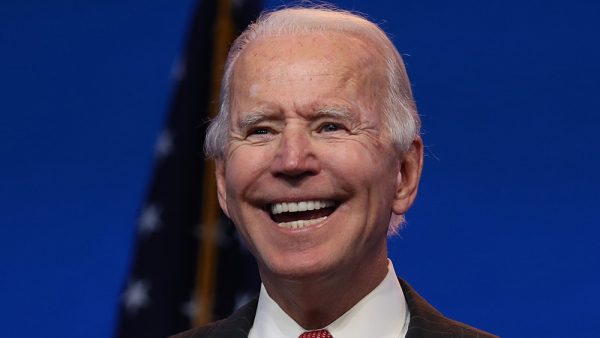 Parler
Parler Gab
Gab
Allen lamented politicians' continued use of these flawed models and the censorship of contrary opinions
The SFU professor noted that places with stringent lockdowns did not see any meaningful reduction in the number of COVID-19 deaths compared to places without lockdowns or with slightly looser ones. He pointed out that many places in Canada still follow the same policies set in place when the pandemic began in March of last year despite his findings. Allen attributed this continued reliance on lockdowns to politics. He explained that politicians often take credit for having slashed COVID-19 cases by means of lockdown measures. "I think it makes perfect sense why they do exactly what they did last year," he said. According to the professor, any politician would not suggest a lockdown solely because "it doesn't make a difference." This is because "the alternative is [that politicians] have to admit that they made a mistake, and they caused … multiple more loss of life years than they saved." Allen lamented that media outlets have carried only one side of the debate on lockdowns – while the other side had little to no coverage. The professor also lamented how social media platforms take down views that go against the official government response. He claimed that social media sites have even censored his own study on the flawed lockdown models. "In some sense, these are private platforms [and they] can do what they want," Allen acknowledged. (Related: SUPPRESSED: Facebook censored over 100 million posts for so-called coronavirus "misinformation.") "On the other hand, I feel kind of sad [that] … opposing opinions [are] either dismissed, ignored, name called [and] cancelled," he commented. Fortunately, Allen is not the only one voicing out opposition toward lockdown mandates. World Health Organization (WHO) Special Envoy for COVID-19 Dr. David Nabarro advised against the use of lockdowns to address COVID-19 spread in an October 2020 interview. He told Andrew Neil of The Spectator magazine: "We in the [WHO] do not advocate lockdowns as the primary means of control of this virus. Lockdowns just have one consequence that you must never belittle, and that is making poor people an awful lot poorer." The envoy continued: "The only time we believe a lockdown is justified is to buy time to reorganize, regroup, rebalance resources [and] protect health workers who are exhausted." (Related: WHO reverses course, again: Lockdowns as primary response to COVID-19 now said to be "damaging.") Visit Pandemic.news to read more articles about the use of lockdowns in response to COVID-19. Sources include: TheEpochTimes.com Spectator.us WesternJournal.com“Morally and intellectually corrupt”: UCLA professor resigns in protest over viewpoint intolerance
By News Editors // Share
The end of meat? Dutch “green” policies force dairy farmer to cull 95% of his herd
By Ethan Huff // Share
Deborah Birx hid covid info from Trump, altered CDC guidelines without approval
By Ethan Huff // Share
Germany’s birth rate improbably falls by 11% in the first quarter of 2022
By Lance D Johnson // Share
Governments continue to obscure COVID-19 vaccine data amid rising concerns over excess deaths
By patricklewis // Share
Tech giant Microsoft backs EXTINCTION with its support of carbon capture programs
By ramontomeydw // Share
Germany to resume arms exports to Israel despite repeated ceasefire violations
By isabelle // Share










